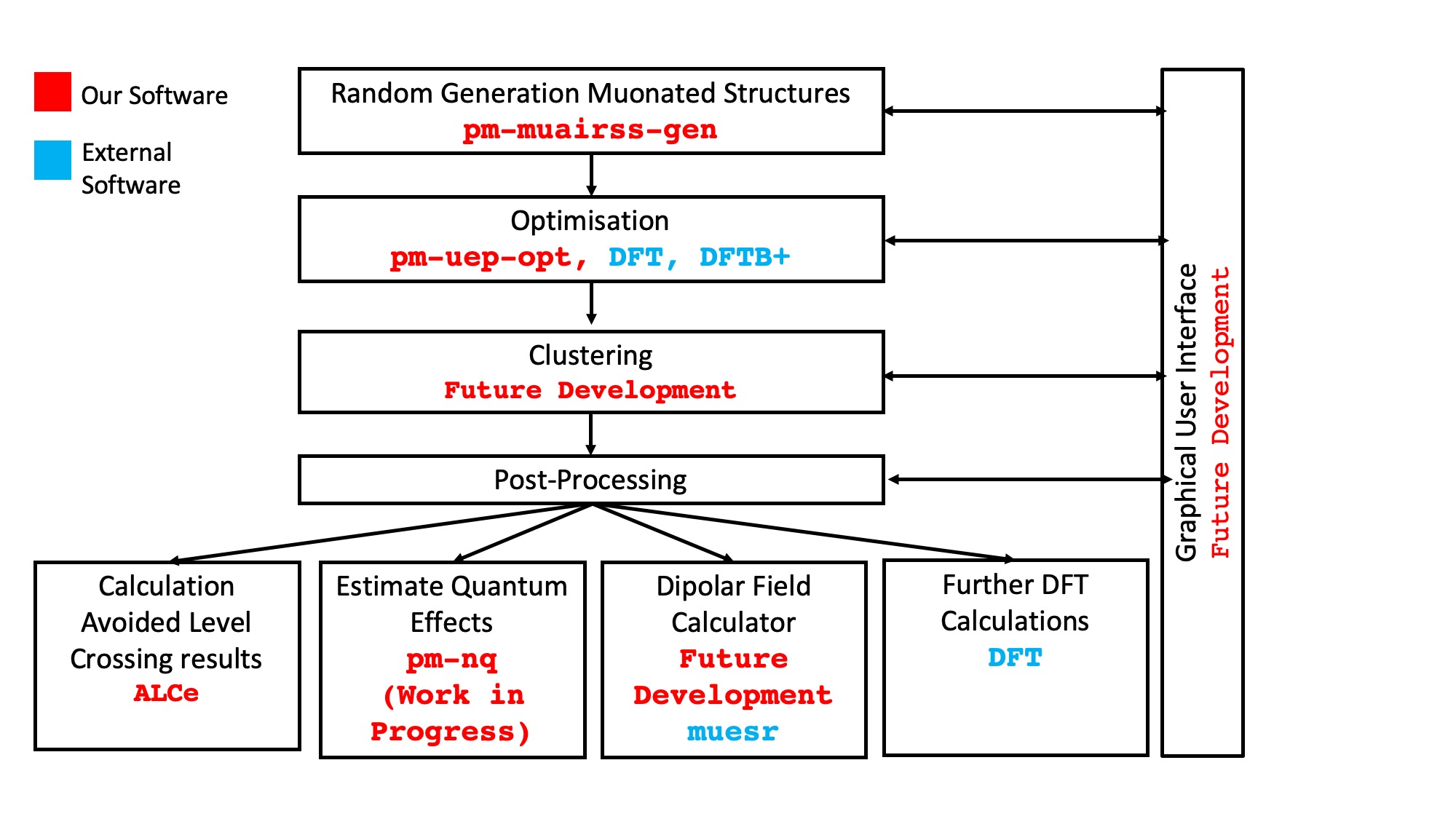The Muon Spectroscopy Computational Project
Software and methods to make the muon spectroscopist's life easier

People
Publications
Tutorials
Software
Funding
Contributing
Funding
The Ada Lovelace Centre (ALC) is a cross-disciplinary and data intensive science centre, which has been established to improve the exploitation of the research that is carried out at the large scale National Facilities of the UK, such as the Rutherford Appleton Lab. The idea of the ALC is that the research at those facilities can be improved through a combination of data processing, computer simulations and data analytics. To support this idea, the ALC offer grants and our Project on Muon spectroscopy won a 2-year grant, that started in April 2020, and whose objective is the development of sustainable and easy to use software tools for the interpretation of muon experiments.
Moreover, as part of the ALC project, we organized the 2020 edition of the Muon Site Calculation Meeting, whose aim was to discuss the latest developments in µSR software and the applications of µSR to areas where simulations could be useful.
The development of computational methods for modelling muon spin relaxation (μSR) experiments has been a key theme within the muon community in recent years. Facility instrument scientists are receiving an increasing number of enquiries on how these computer tools might be accessed, but at present they require specialised knowledge for their use.
The figure below shows a schematic picture that describes the proposed high-level software architecture that underpins the Ada Lovelace Project on Muon Spectroscopy. The picture shows how the existing software components, and the ones that will be developed in this project, are going to be integrated:

Hosted on GitHub Pages — Theme by orderedlist